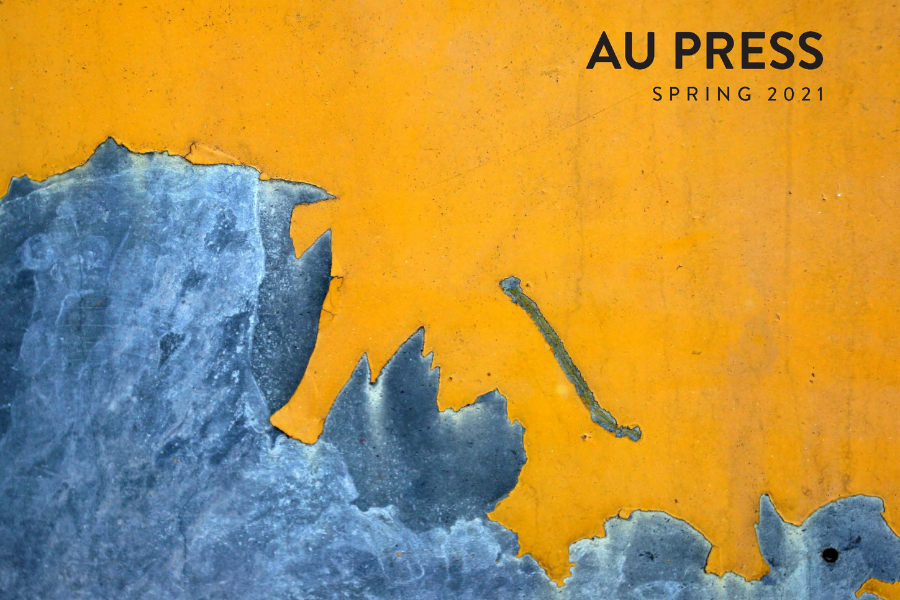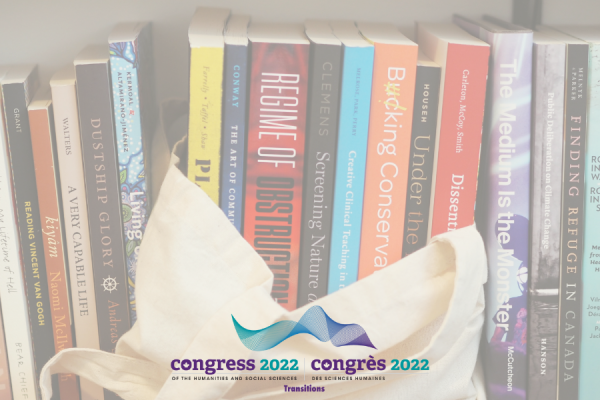We are delighted to announce the release of our 2021 catalogue. With books from a wide variety of disciplines, we’re ready to fill your shelves (virtual or otherwise) with insightful scholarship. See below for a preview of what’s coming up! Check out the full catalogue here.
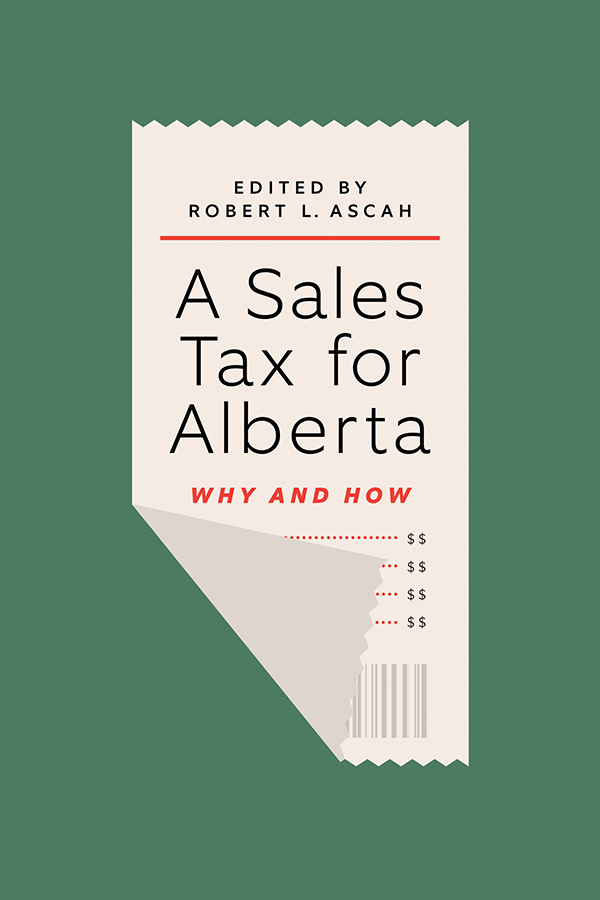
A Sales Tax for Alberta: Why and How edited by Robert L. Ascah
The days of buoyant capital investment, jobs, and wealth are passing Alberta by as the boom-and-bust cycle runs its course and the global climate crisis becomes more acute. As the province scrambles to boost the dying oil economy and curb spending, one solution is all but ignored—a sales tax. In this collection, Alberta scholars and policy experts map out why and how a provincial sales tax should and can be implemented. They examine energy revenues, household incomes, and political support as well as opportunities for improving democracy and reducing the volatility of government revenues. Finally, this volume offers recommendations on structuring a consultative review process to improve Alberta’s long-term fiscal sustainability.
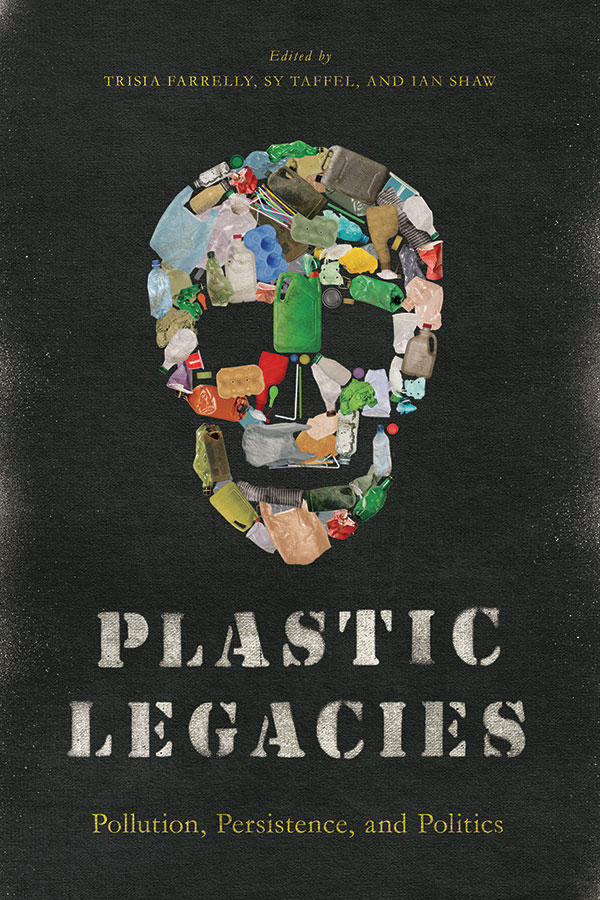
Plastic Legacies: Pollution, Persistence, and Politics edited by Trisia Farrelly, Sy Taffel, and Ian Shaw
There is virtually nowhere on Earth today that remains untouched by plastic and ecosystems are evolving to adapt to this new context. While plastics have revolutionized our modern world, new and often unforeseen effects of plastic and its production are continually being discovered. The complexities surrounding the global plastic crisis require an interdisciplinary approach and the materialities of plastic demand new temporalities of thought and action. Plastic Legacies considers the unpredictable nature of plastics and weigh actionable solutions and mitigation processes against the ever-changing situation. Moving beyond policy changes, this volume offers a critique of neoliberal approaches to tackling the plastics crisis and explores how politics and communicative action are key to implementing social, cultural, and economic change.
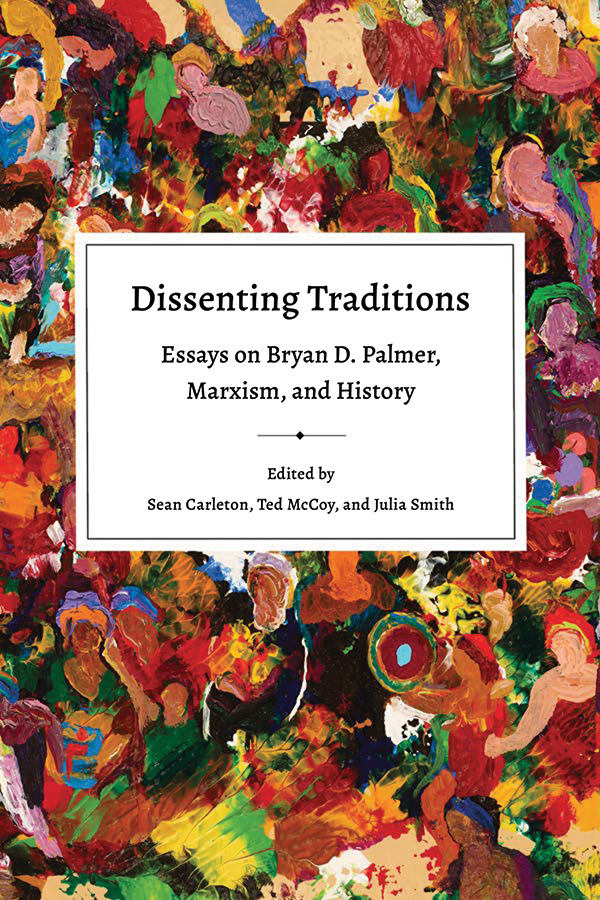
Dissenting Traditions:vEssays on Bryan D. Palmer, Marxism, and History edited by Sean Carleton, Ted McCoy, and Julia Smith
The work of Bryan D. Palmer, one of North America’s leading historians, has influenced the fields of labour history, social history, discourse analysis, communist history, and Canadian history, as well as the theoretical frameworks surrounding them. Dissenting Traditions gathers Palmer’s contemporaries, students, and sometimes critics to examine and expand on the topics and themes that have defined Palmer’s career, from labour history to Marxism and communist politics. Paying attention to Palmer’s participation in key debates, contributors demonstrate that class analysis, labour history, building institutions, and engaging the public are vital for social change. In this moment of increasing precarity and growing class inequality, Palmer’s politically engaged scholarship offers a useful roadmap for scholars and activists alike and underlines the importance of working-class history.
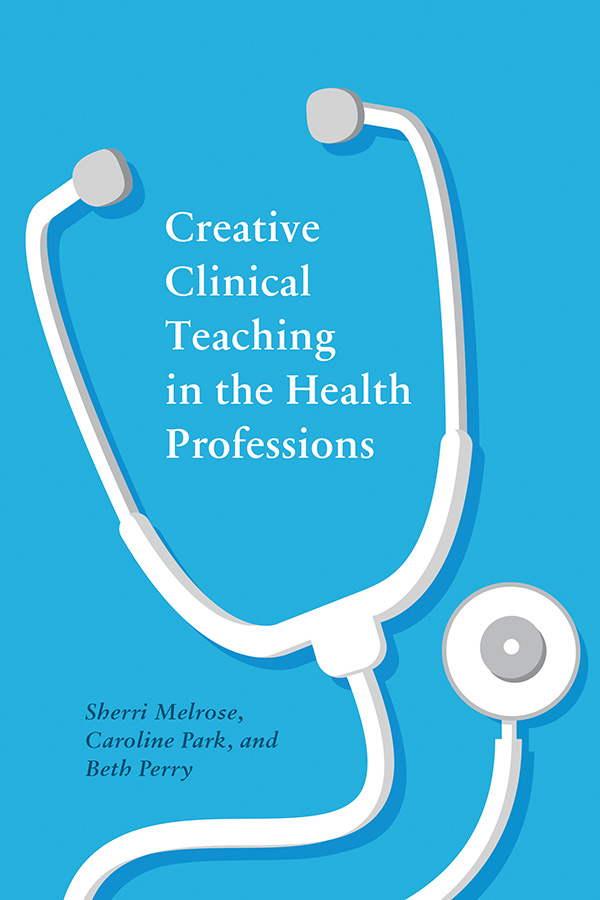
Creative Clinical Teaching in the Health Professions by Sherri Melrose, Caroline Park, and Beth Perry
For healthcare professionals, clinical education is foundational to the learning process. However, balancing safe patient care with supportive learning opportunities for students can be challenging for instructors and the complex social context of clinical learning environments makes intentional teaching approaches essential. Clinical instructors require advanced teaching knowledge and skills as learners are often carrying out interventions on real people in unpredictable environments. Creative Clinical Teaching in the Health Professions is an indispensable guide for educators in the health professions. Interspersed with creative strategies and notes from the field by clinical teachers who offer practical suggestions, this volume equips healthcare educators with sound pedagogical theory. The authors focus on the importance of personal philosophies, resilience, and professional socialization while evaluating the current practices in clinical learning environments from technology to assessment and evaluation.
